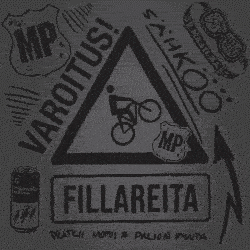When Vaughters signed with the Credit Agricole team for 2001, he says manager Roger Legeay had a message for him that he hadn’t heard since 1995. Legeay sat him down and told him this, says Vaughters:
“Listen, we can never, ever have a doping scandal on this team. It will crush us. So I will pay you as if you won the Tour de France if you get top 10 in the Tour.”
It was an encouraging message; there would be no call to dope from within the team, no pressure to win at all costs. At the same time, there had been advances in the sport—passport-style longitudinal testing on the French teams, the EPO test—that were cause for hope that things would improve and you could race clean.
But over time the hope never materialized, Vaughters says. Longitudinal testing fizzled. Riders beat the tests. And Legeay, who had put together a talented team, struggled to keep Credit Agricole ranked among the first-division teams, which, as today, were ordered based on points won during the season.
[...]
Back in 2002, Credit Agricole was struggling competitively despite a roster that included riders such as Jens Voigt, Thor Hushovd, and Christophe Moreau. Vaughters clearly saw the stress on Legeay. “I could see the sweat beads on his forehead,” Vaughters says. “He was getting concerned for his organization.”
Legeay would never dope his riders, never even ask them to dope. He was so careful that in 2001 he wouldn’t even allow team doctors to get a therapeutic-use exemption for cortisone to treat swelling when a wasp stung Vaughters on the face at the Tour de France.








 Lainaa viestiä vastauksessa
Lainaa viestiä vastauksessa




Kirjanmerkit